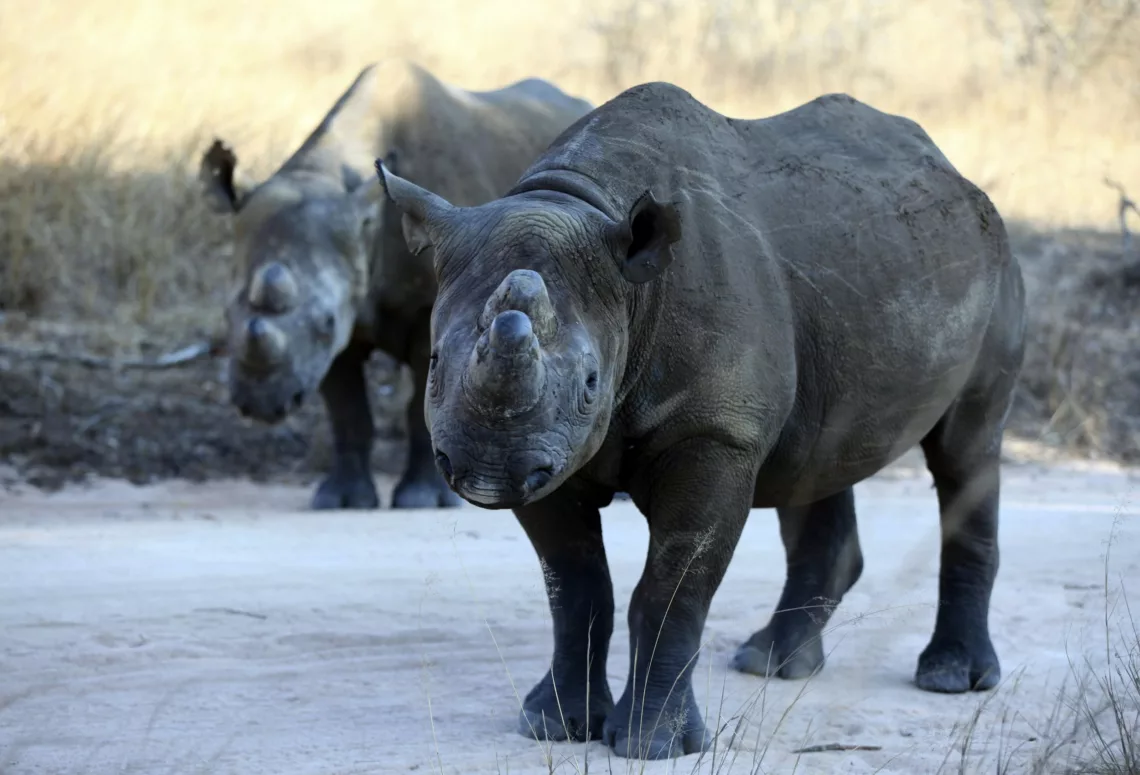Monetary policy is one of the most critical tools in a nation’s arsenal for ensuring stability and growth. In Nigeria, the Central Bank has attempted to address the country’s economic challenges through a number of policy initiatives, including the recent redesign of the naira currency and the promotion of a cashless society. However, the results of these efforts have been mixed, leading to the question of whether they are simply examples of a “grey rhino” challenge, or if they are in fact a much larger and more ominous “black elephant.”
The naira redesign was meant to address the issue of counterfeiting and enhance the image of the currency both domestically and internationally. However, the redesign has been met with widespread criticism, with many questioning the need for such a costly and disruptive initiative. Despite the investment of significant resources, the redesign has not effectively addressed the counterfeiting issue, and many Nigerians have struggled to adjust to the new notes. The net result is a monetary policy failure that has left the Central Bank scrambling for answers.
Similarly, the push towards a cashless society has been plagued by problems from the start. Despite the Central Bank’s claims that the policy would reduce corruption and increase transparency, many Nigerians have been hesitant to adopt the new digital payment methods. This has been due in part to the widespread prevalence of cybercrime and concerns over privacy and security. Furthermore, the lack of infrastructure and support systems has made it difficult for many Nigerians to transition to the new payment methods, and the result has been a slow adoption rate that has fallen far short of the Central Bank’s expectations.
So what is the problem? Are these failures simply due to poor planning and execution, or are they indicative of deeper systemic issues within Nigeria’s monetary policy framework? It is likely a combination of both, but the underlying issue is that Nigeria’s monetary policy has failed to keep pace with the changing needs and realities of the economy. This has resulted in a monetary policy framework that is increasingly out of touch with the needs of the country, and one that is unable to effectively address the challenges that Nigeria faces.
This is where the concept of the “grey rhino” and “black elephant” come into play. A grey rhino refers to a challenge that is visible and ignored, while a black elephant refers to a challenge that is hidden but critical. In the case of Nigeria’s monetary policy, the problems are both visible and critical, making it a true grey rhino or black elephant challenge. The Central Bank has consistently failed to respond to the changing needs and realities of the economy, and this has resulted in a monetary policy framework that is increasingly out of touch with the needs of the country.
So what can be done? The first step is for the Central Bank to acknowledge the reality of the situation and take steps to address the underlying issues. This may involve a rethinking of the monetary policy framework and the development of new approaches that are better suited to the needs and realities of the Nigerian economy. It may also involve greater collaboration with other stakeholders, such as the private sector and civil society, to ensure that monetary policy is responsive to the needs of the wider community.
In conclusion, the ongoing naira redesign and cashless policy initiatives are just two examples of the larger challenge facing Nigeria’s monetary policy. The Central Bank must acknowledge the reality of the situation and take steps to address the underlying issues, or the country will continue to face economic instability and growth challenges. The time has come for a new approach to monetary policy in Nigeria, one that is responsive to the changing needs and realities of the economy and is better suited to ensuring stability and growth for all Nigerians.





